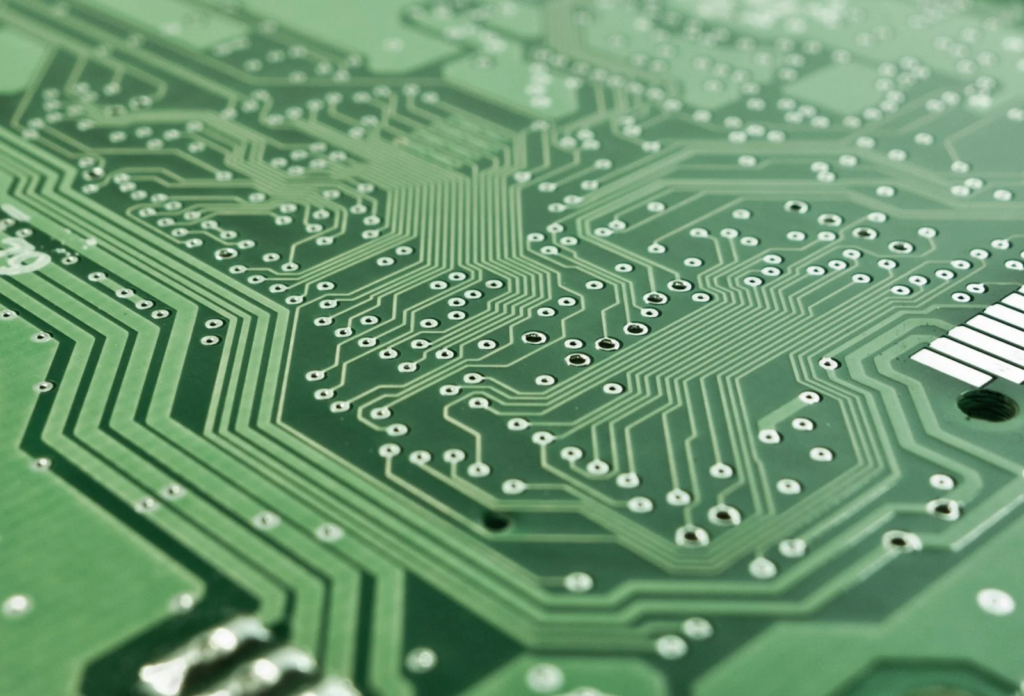The 21st century is all about technological advancements. However, when it comes to healthcare, a lot has changed here as well. Earlier, healthcare professionals felt that the lack of technology is a significant hindrance in digitizing healthcare. The healthcare system is a challenging field, but meager changes can considerably impact how patients get their treatments.
Furthermore, technologies in the healthcare industry comprise medicines, vaccines, devices, and systems that tend to streamline healthcare operations to give ideal facilities economically and accurately to each patient. Let’s study through a quick rundown of some of the best technological trends in the healthcare industry.
1. Machine learning & Artificial intelligence
Besides simplifying hospital administrators and healthcare professionals’ specific tasks, artificial intelligence can transform millions of lives every year. It is expected that AI can incredibly change the healthcare sector by 2025, with numbers soaring around USD 200 billion. Right from robots that tend to diagnose and treat patients at home, AI can tremendously administer cognitive-behavioral treatment.

An ideal example would be the imaging technology used in the healthcare industry. Even though it is an expensive technique, imaging technology can effectively rule out or detect health diseases. Even businesses dealing with cannabis and pure CBD capsules have incorporated AI to make the customer experience more profound and accessible.
2. Telemedicine
Telemedicine can give patient-centric personalized and accurate services through decentralized healthcare. Moreover, one can also get specific treatments at home without visiting a nearby hospital. The use of telemedicine ensures that a patient’s confidential information does not get breached. Also, it provides excellent cybersecurity benefits to protect one’s privacy.
3. Virtual & augmented reality
Innovations in virtual and augmented reality have started to take over every sector by storm. Have you ever wondered how it would be if people monitored their blood pressure, heart rate, calorie burn, and intake through augmented reality glasses? This can prove to be quite beneficial. With the VR scope improving, doctors can walk patients via surgeries and therapies and educate them on certain risks and challenges.
Moreover, through augmented and virtual reality, doctors can observe human organs in 3D formats and HD visuals. Experts have predicted that AR and VR in the healthcare industry will reach a staggering figure of USD 11.14 billion by 2025.
4. Electronic health records

A patient’s medical records come in multiple forms like diagnoses, patient identification information, laboratory results, treatment and progress notes, outcomes, surgeries, and many more. As a result, such records are saved in various forms like audio, video, or paper. An EHR software does not need a physical space or degenerate with time. Electronic health records have improved data security levels to ensure vital patient insight does not reach the wrong people.
The Bottom Line

Now, patients can get various technology-based treatments with tremendous changes in the healthcare industry. The trends mentioned above in technology are some of the game changers in today’s date. Besides, one can expect more security, accuracy, decisions, and timely predictions through such rising technological advancements.






